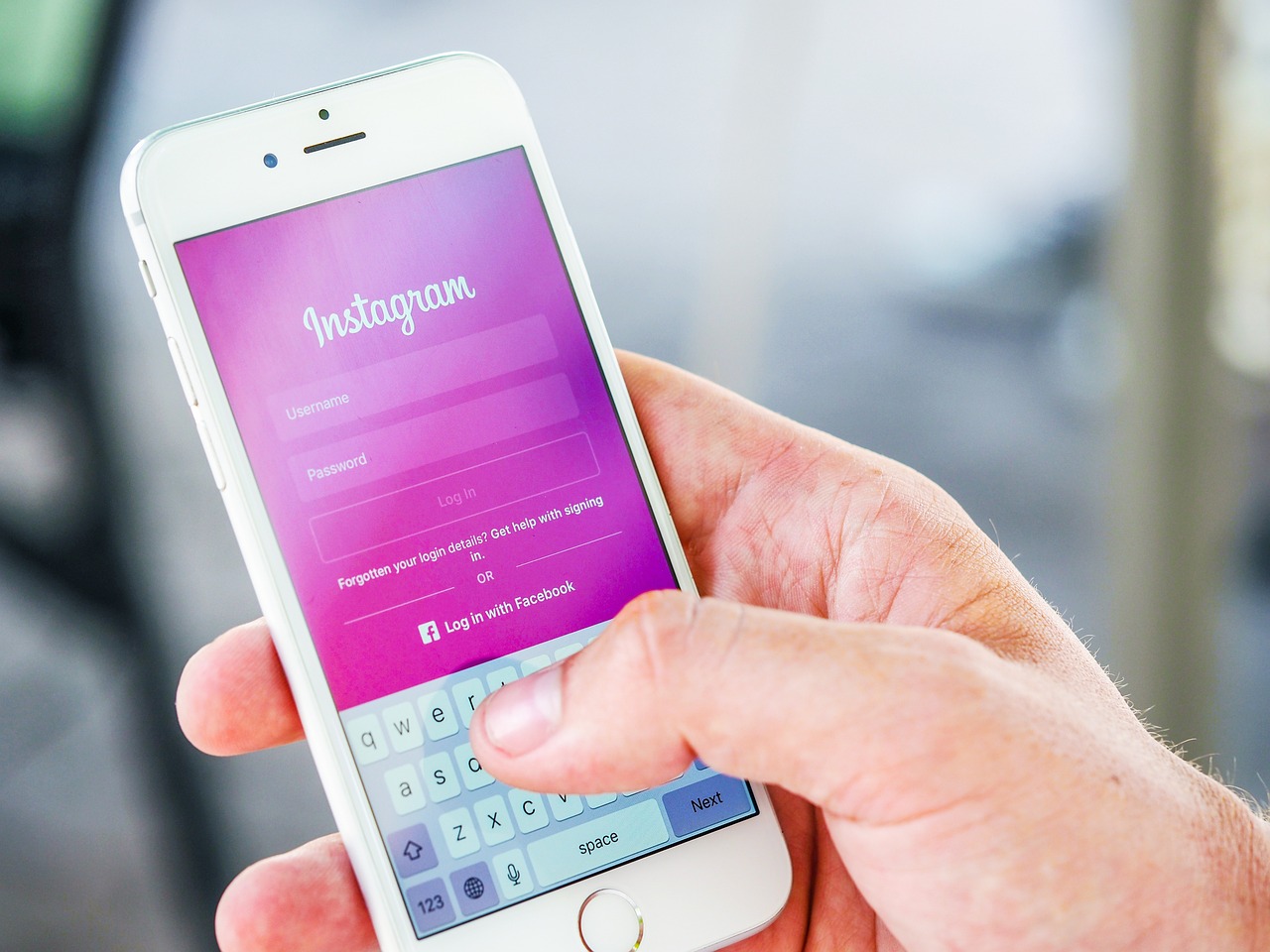- How to be Secure on Social Media - February 17, 2023
- AR and VR… What’s the Difference? - August 14, 2022
Social media can be an invaluable tool for staying connected with friends and family, but it’s important to be aware of the potential security risks associated with its use. To ensure your safety while using social media, this post will discuss key tips that can help protect your security.

Use Strong Passwords
Creating strong passwords is an essential part of ensuring the security of your social media accounts. It is important to use a combination of uppercase and lowercase letters, symbols, and numbers in your passwords. To make your passwords more secure, avoid using words that have personal meaning to you, such as birthdays or names, as they are more easily guessed.
Moreover, it is important to use a different password for each of your accounts; this will prevent hackers from accessing any of your accounts if they manage to guess one of your passwords. To make password management easier, consider using a password manager, such as Bitwarden or Dashlane, which can store your passwords securely and provide additional protection against unauthorized access.
Be Cautious With What You Share
It’s especially important to remember that anything you post online, on social media or otherwise, can be seen by anyone. That’s why it’s so important to be mindful of the information you share, such as your address, phone number, or other personal information, and to avoid posting anything that could be used to identify you. It’s also important to consider what type of photos you’re posting, and to think twice before posting personal photos or images that could be used to identify you. Additionally, remember that photos can be easily shared or copied, so be careful about what photos you choose to upload. It’s always wise to double check that the photos you post are ones that you feel comfortable with being seen by the public.
Monitor Your Privacy Settings
Most social media platforms have a wide array of privacy settings available to customize and control who can view your posts and profile information. Taking the time to review these settings is a really good idea, as it ensures that your posts are only visible to the people you know and trust. In addition, you may want to consider limiting who can contact you on social media.
Platforms such as Facebook and Instagram offer users the ability to block certain people, which can be incredibly useful if you ever find yourself receiving unwanted messages or requests. It’s always a smart idea to double check your privacy settings to make sure that your information is secure and protected, as well as to confirm that the settings are still up to date and appropriate for your desired level of privacy. Taking the time to review and adjust your social media privacy settings can help to ensure that your posts and profile information remain secure, and that you are only ever connected with people that you truly trust.

Be Aware of Potential Scams
It’s important to stay aware of potential scams on social media. Be wary of any messages or posts that seem too good to be true, as these are often attempts to steal personal information or money. If you receive a suspicious message, do not click any links or provide any personal information.
Remember to never give out your financial information, such as your bank account or credit card details, unless you are absolutely certain that you are dealing with a legitimate company. If you do decide to make a purchase online, make sure that you use a secure payment method, such as PayPal or Apple Pay.
Conclusion
Staying secure on social media is important, but it doesn’t have to be difficult. By following these three tips, you can ensure that your personal information is kept safe and secure.
By following these tips, you can help protect yourself from potential security threats on social media. Consider setting up two-factor authentication on your accounts, which will require an additional code or fingerprint scan when logging in. Additionally, be sure to keep your software up to date, as this can help patch any security vulnerabilities. Finally, it’s important to stay aware of the latest scams and phishing attacks, which can be used to obtain your personal information.
Thank you very Much for Reading!
